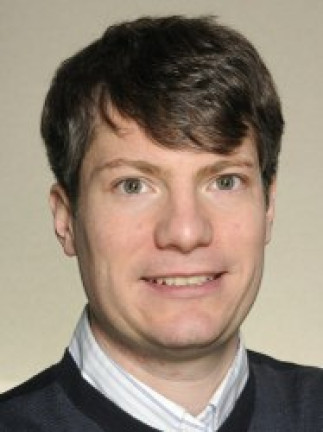Jonathan Baugh, Institute for Quantum Computing and Department of Chemistry, University of Waterloo, Waterloo, On, Canada.
Low-bandgap semiconductor nanowires such as InAs and InSb have recently gained attention as materials for realizing topological states and spin-orbit qubits. Critical to understanding these experiments and designing nanowire-based quantum devices is a deep understanding of the radially confined modes and the shape of the radial potential that determines these states. Two recent experiments performed by my group help to illuminate the radial subband structure in InAs nanowires in two very different contexts. One is a study of the magnetic field and gate dependence of short-channel (quasiballistic) field-effect devices that shows how magnetoconductance provides a ‘fingerprint’ of the radial subband structure. The second is a study of proximity effect superconductivity in field-effect device with Nb contacts. A puzzling interference pattern in the critical current versus axial magnetic field is observed, which we explain by a model of quantum interference between the paths of electrons occupying subbands characterized by different angular momentum quantum numbers.
Site web du groupe du Prof. Baugh
Cette conférence est présentée par le RQMP Versant Nord du Département de physique de l'Université de Montréal et le Département de génie physique de Polytechnique Montréal.

